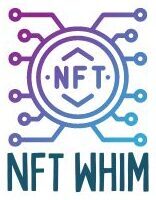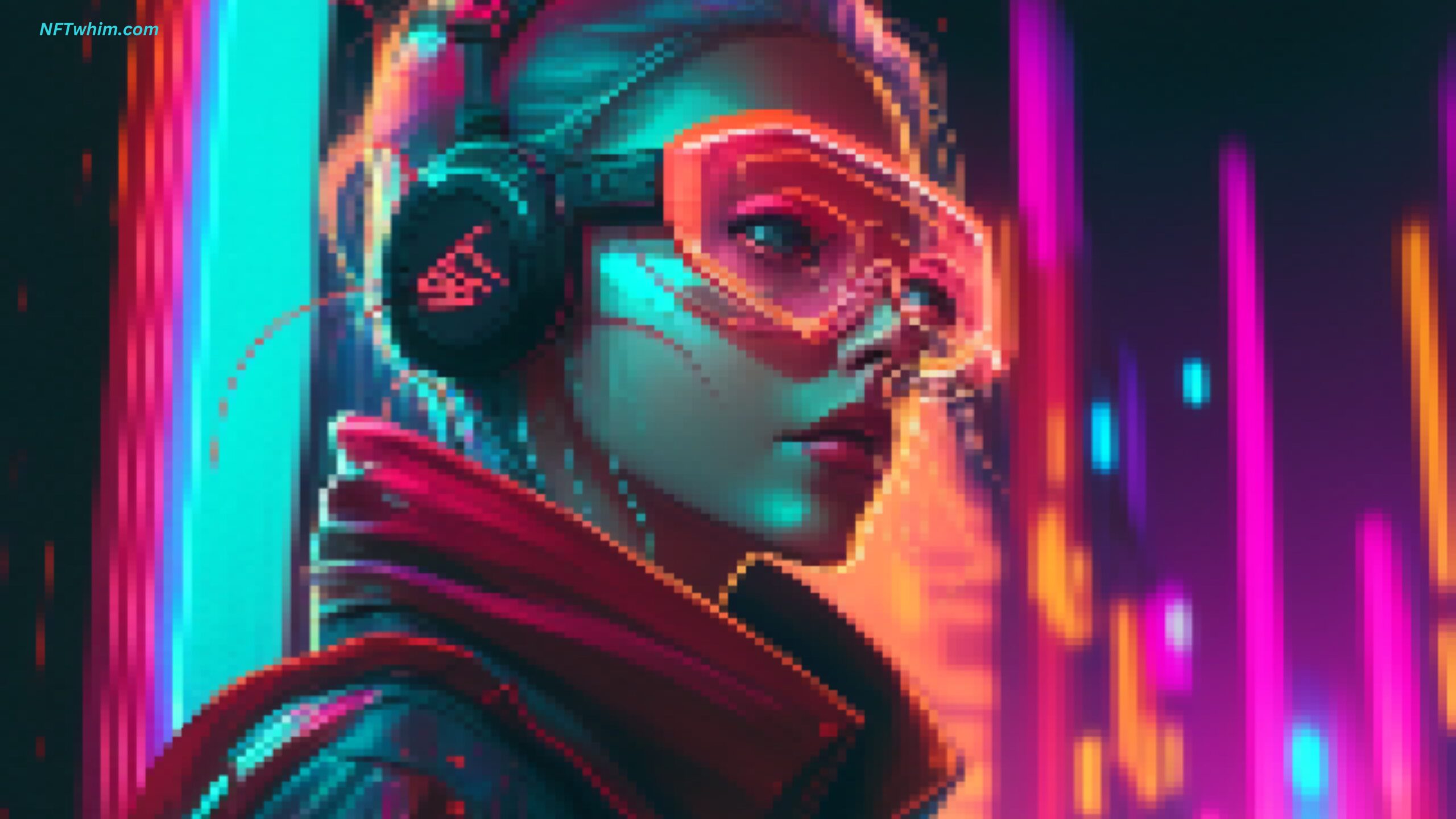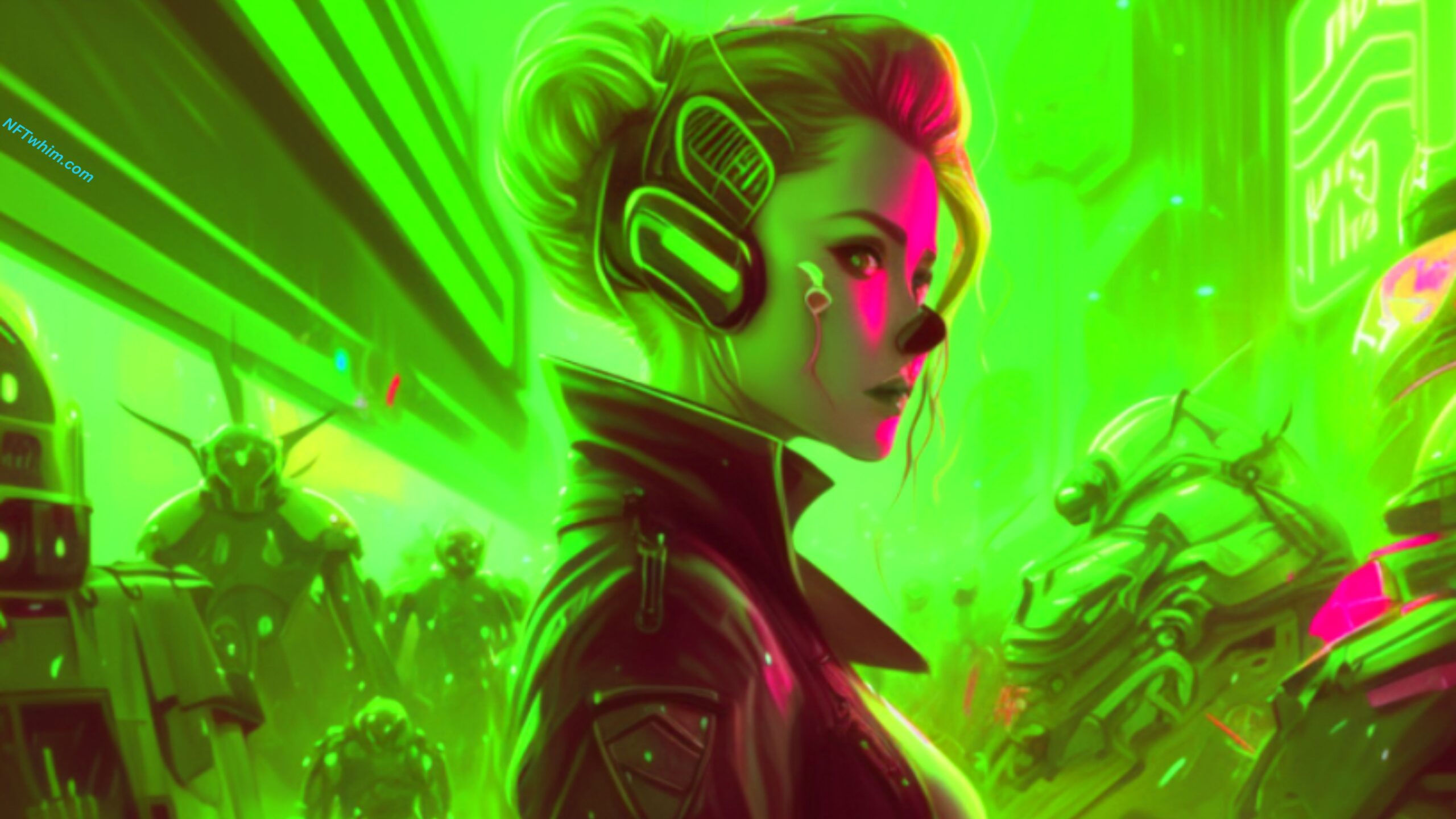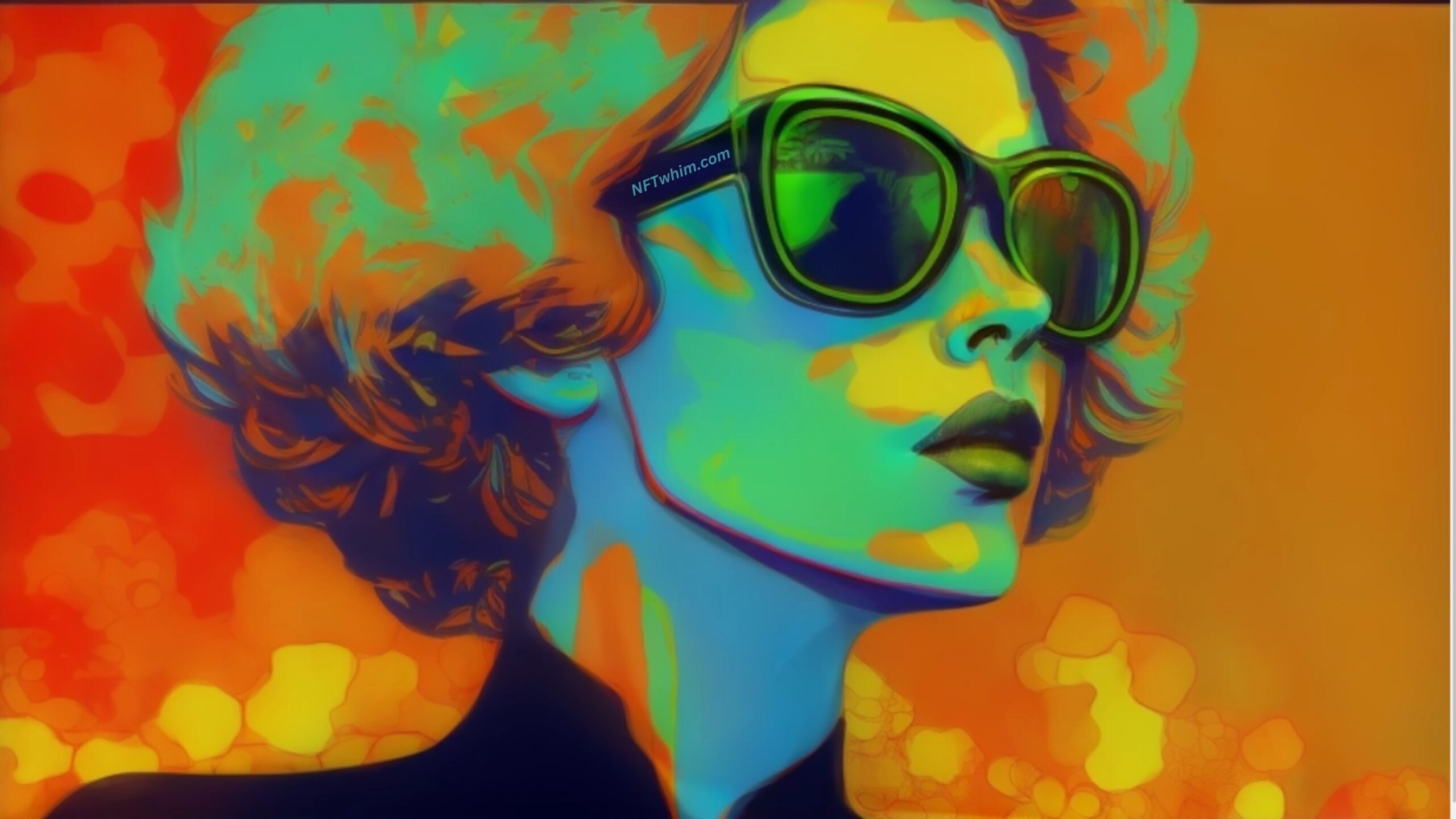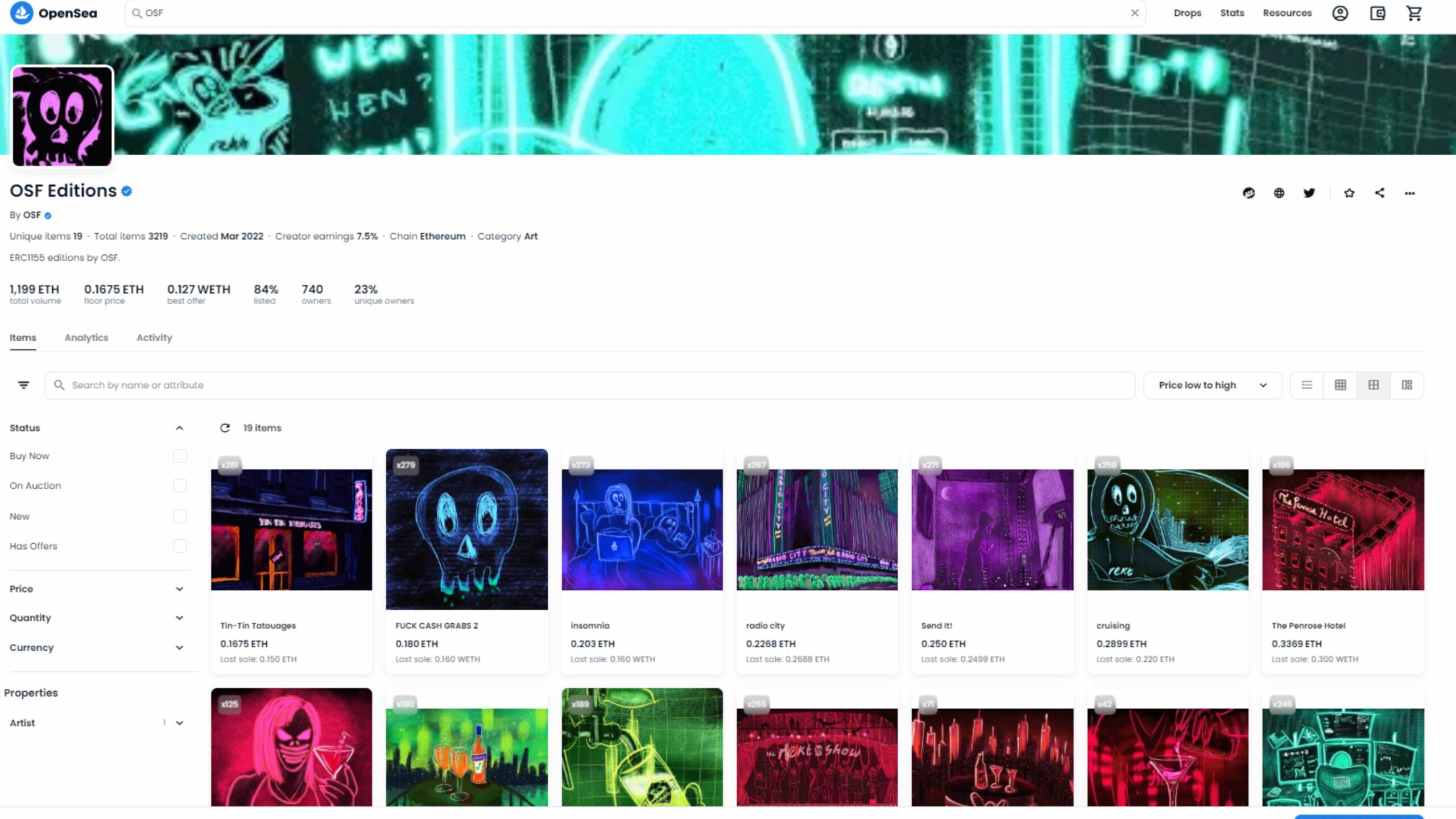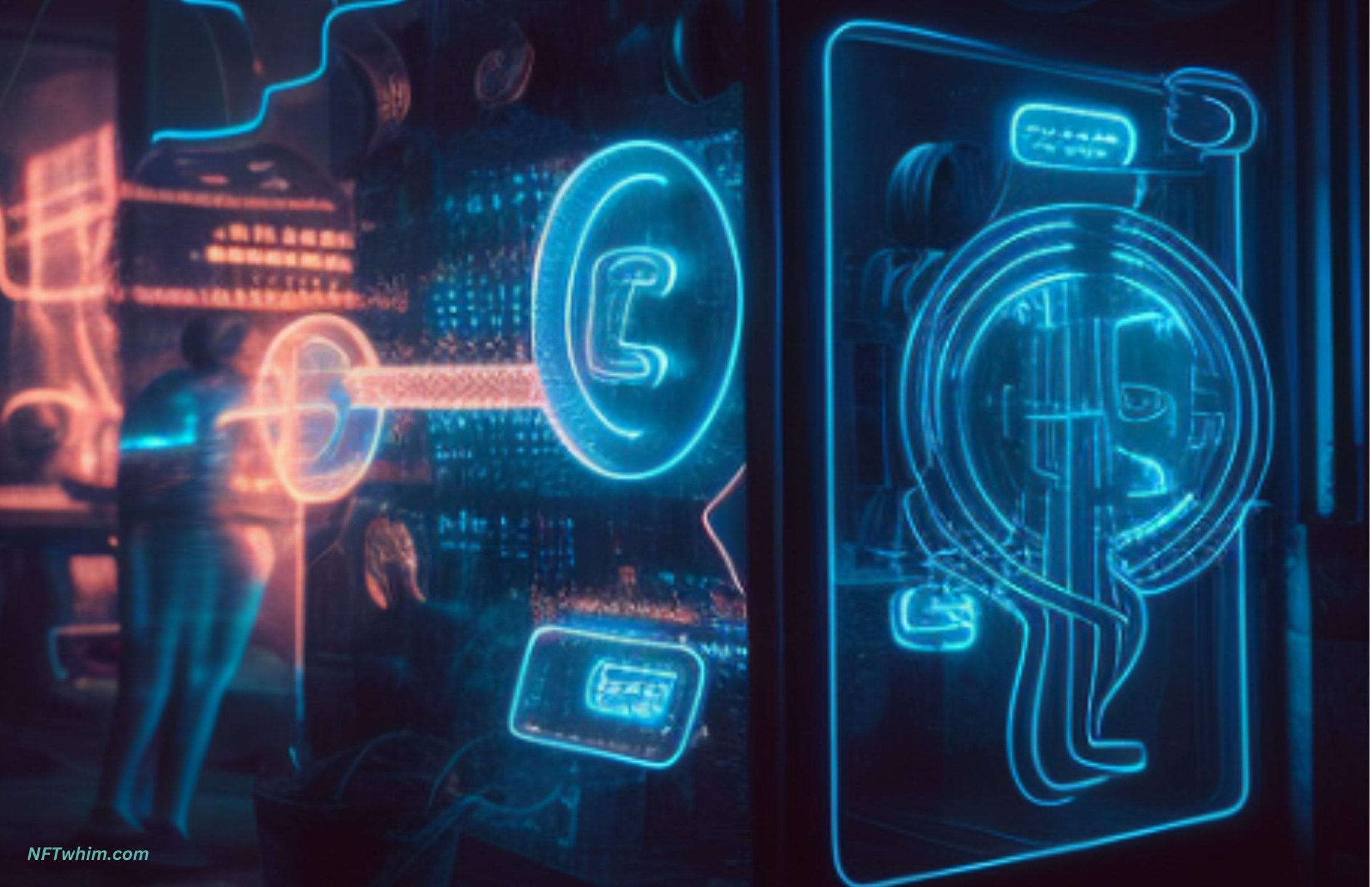In recent years, NFTs have emerged as a new and exciting way to buy and sell digital art, music, and other creative content. An NFT, or non-fungible token, is a unique digital asset that represents ownership of a particular piece of digital content. Unlike cryptocurrencies, which are interchangeable and have no inherent value, NFTs are one-of-a-kind and can be used to verify the authenticity and ownership of digital assets. However, as NFTs have become more popular, questions have arisen about what, exactly, NFT owners are buying when they purchase an NFT. Do they actually own the digital image or artwork that the NFT represents?
When you purchase an NFT, you are buying the rights to own a unique digital token that represents ownership of a specific piece of digital content. However, you may not necessarily own the copyright to that content, and you may not have the same legal protections and rights as you would if you owned a physical asset. NFT ownership is a complex legal and technical concept that is still evolving, and the laws around NFTs may strengthen the future.
In this blog post, we’ll take a closer look at the question of who really owns the NFT-image, as we’ll explore the legal and technical aspects of NFT ownership.
But before we start, you may also be interested in this post that makes a deep-dive into the copyright and legal issues of NFTs.
What is an NFT, and how does it work?
Before we delve into the question of NFT ownership, let’s take a moment to clarify what an NFT is and how it works. At its most basic, an NFT is a type of digital token that is stored on a blockchain, a decentralized ledger that records transactions in a secure and transparent way. Each NFT represents ownership of a specific digital asset, such as an image, video, or piece of music.
Unlike traditional digital assets, which can be easily copied and shared, NFTs are unique and cannot be duplicated. This is because each NFT is associated with a specific piece of digital content, and the ownership of the NFT is recorded on the blockchain. When you buy an NFT, you are buying the rights to own that particular token, and by extension, the digital content it represents.
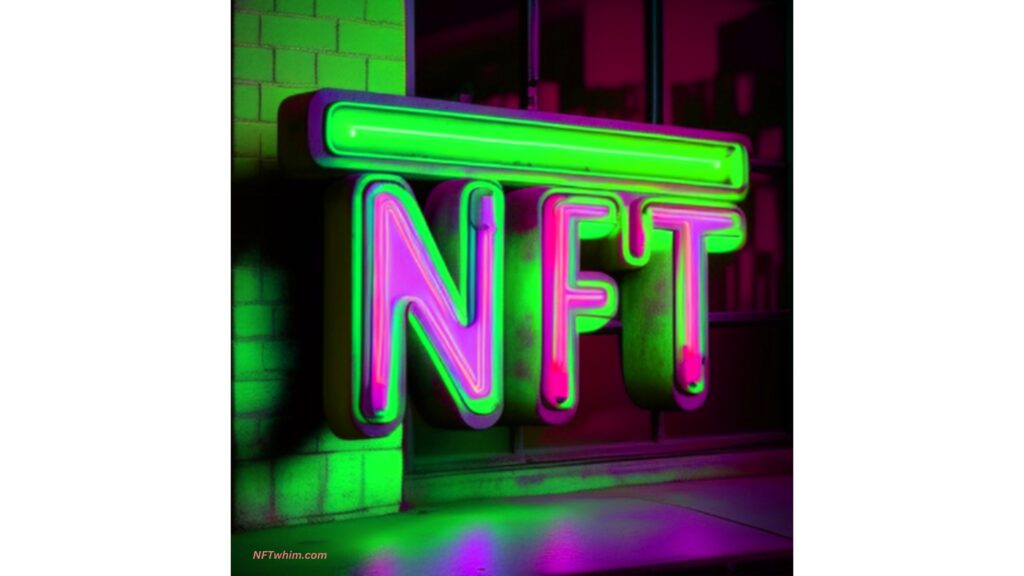
What do NFT owners actually own?
So, if you buy an NFT that represents a piece of digital art, do you actually own that artwork? The answer is not as straightforward as you might think.
Ownership vs. Copyright
First, it’s important to understand the difference between ownership and copyright. Ownership refers to the legal right to control a physical or digital asset, while copyright is a legal protection that gives creators the exclusive right to use and distribute their work.
When you buy an NFT, you are purchasing the rights to own that particular token, but you are not necessarily buying the copyright to the digital content it represents. The copyright may still be held by the original creator of the content, or it may have been transferred to another party.
Access vs. Ownership
Second, it’s important to note that when you buy an NFT, you are not actually buying the digital content itself. Instead, you are buying a token that represents ownership of that content. This means that you may not have the ability to access or use the content in the same way that you would if you had purchased it directly.
For example, if you buy an NFT that represents a digital artwork, you may be able to display that artwork on your computer or mobile device, but you may not have the right to use it in other ways, such as printing it out or selling copies of it.
Legal Considerations
Finally, it’s important to consider the legal implications of NFT ownership. This is an evolving area, but as for right now, in most cases, the ownership of an NFT is not recognized under current U.S. law as a formal property right. This means that NFT owners may not have the same legal protections and rights as they would if they owned a physical asset, such as a painting or a piece of real estate.
In addition, the legal framework for NFT ownership is still evolving, and there may be additional legal considerations and issues that arise as the market for NFTs continues to grow.
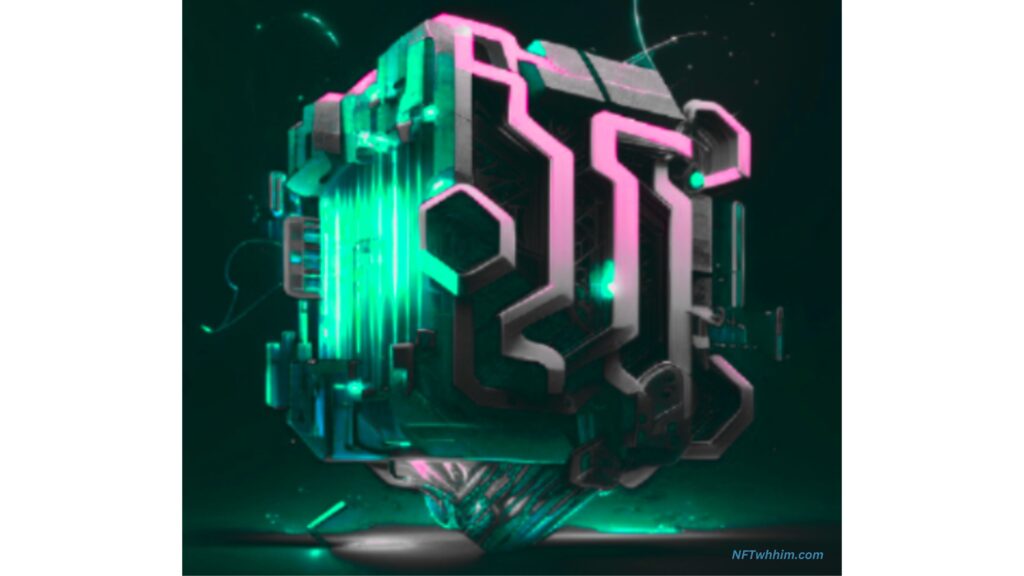
Examples of NFT Ownership
To better understand the concept of NFT ownership, let’s look at a few examples of NFT sales and the ownership rights associated with them.
Beeple’s “Everydays: The First 5000 Days”
One of the most high-profile NFT sales to date was the sale of digital artist Beeple’s “Everydays: The First 5000 Days” for $69 million in March 2021. The sale of the NFT made headlines around the world and raised questions about the nature of NFT ownership.
While the buyer of the NFT now holds the rights to own that particular token, they do not necessarily own the copyright to the artwork. Beeple retains the copyright to the work and has the exclusive right to use and distribute it in other ways.
Twitter CEO Jack Dorsey’s First Tweet
Another high-profile NFT sale was the sale of Twitter CEO Jack Dorsey’s first tweet as an NFT for $2.9 million in March 2021. The sale of the NFT also raised questions about the nature of NFT ownership and what, exactly, the buyer was purchasing.
In this case, the buyer of the NFT now holds the rights to own that particular token, but they do not necessarily have the right to use or distribute the tweet in other ways. The tweet itself remains on the Twitter platform, and it is unclear whether the buyer will be able to exert any control over it.
CryptoKitties
Finally, let’s look at the example of CryptoKitties, a popular blockchain-based game in which players can buy, sell, and breed digital cats. Each CryptoKitty is represented by an NFT, and the ownership of the NFT gives the player the right to control and breed that particular cat.
In this case, the NFT owner has more control and ownership over the digital asset than in the previous examples. They can use and interact with the digital asset in a variety of ways, and they have the ability to transfer ownership of the asset to another party.

The Technical Side of NFT Ownership
While the legal considerations around NFT ownership are important, it’s also worth considering the technical side of NFT ownership. When you purchase an NFT, you are buying a unique digital token that is stored on a blockchain.
The blockchain is a decentralized digital ledger that records transactions and ownership information in a transparent and secure way. Each NFT is represented by a unique digital token on the blockchain, and the ownership of the token is recorded in the blockchain’s ledger.
Because the blockchain is decentralized and transparent, it’s possible to verify the ownership and authenticity of an NFT without relying on a centralized authority. This makes NFTs a powerful tool for verifying the ownership and provenance of digital content, such as digital art or music.

Risks and Challenges of NFT Ownership
While NFTs offer a number of exciting new opportunities for digital content creators and collectors, there are also risks and challenges associated with NFT ownership.
Technical Risks
One of the primary technical risks associated with NFT ownership is the risk of losing access to the token or the underlying digital content. If an NFT is stored on a centralized platform, such as an online marketplace or digital wallet, the owner may be at risk of losing access to the token if the platform experiences technical issues or goes offline.
To mitigate this risk, it’s important for NFT owners to store their tokens and digital content in a secure and decentralized way. This can involve using a decentralized digital wallet, such as MetaMask, or storing the NFT on a decentralized marketplace or blockchain platform.
Legal Risks
As we discussed earlier, there are also legal risks associated with NFT ownership, as the legal framework for NFTs is still evolving. NFT owners may not have the same legal protections and rights as they would if they owned a physical asset, and there may be additional legal considerations and issues that arise as the market for NFTs continues to grow.
This risk can be potentially be reduced or avoided in the following way: Do careful research and make sure you fully understand the legal implications of the NFT ownership. You should also seek out professional legal advice if necessary.
Market Risks
Finally, there are also market risks associated with NFT ownership. The value of an NFT can fluctuate based on a variety of factors, including the popularity of the artist or content, the demand for the NFT, and the overall state of the NFT market.
To reduce these risks, it’s important for NFT owners to carefully consider their investment in NFTs and to diversify their portfolio across a range of NFTs and other digital assets.
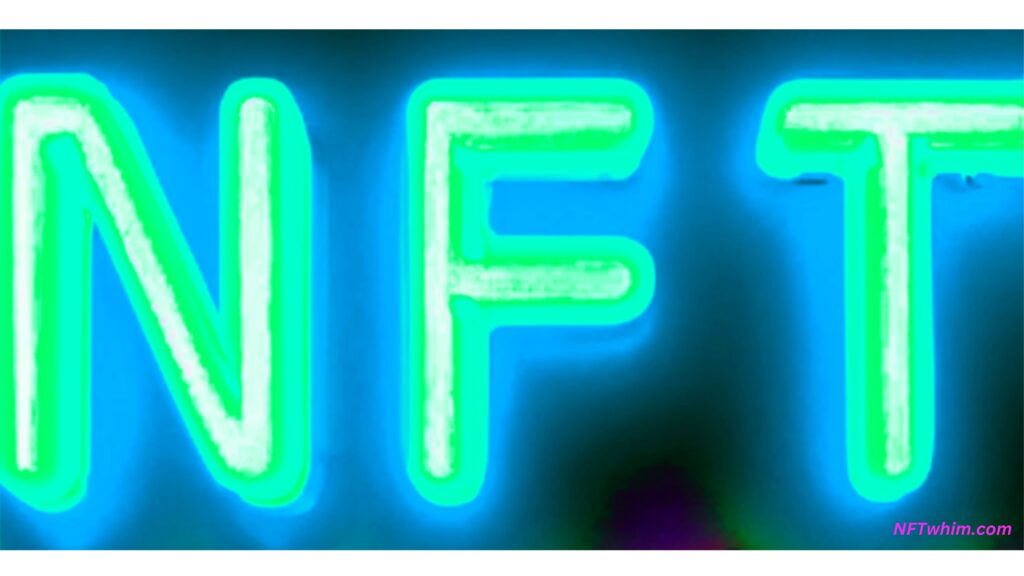
Final Thoughts
In conclusion, NFT ownership is a complex legal and technical concept that is still evolving. When you purchase an NFT, you are buying the rights to own a unique digital token that represents ownership of a specific piece of digital content. However, you may not necessarily own the copyright to that content, and you may not have the same legal protections and rights as you would if you owned a physical asset.
While NFTs offer exciting new opportunities for digital art and other creative content, it’s important to approach this market with caution and a clear understanding of the risks and challenges associated with NFT ownership. By taking steps to secure your NFTs and digital content, understand the legal implications of NFT ownership, and carefully consider your investment in NFTs, you can participate in this exciting new market with confidence and security.
Robin
Author: Robin Olsson
Author Bio: I’m Robin and on this website, I share everything I’ve learned since getting into NFTs in 2021. I have a background in research and I’ve been in crypto for several years. You can read more about me here.
